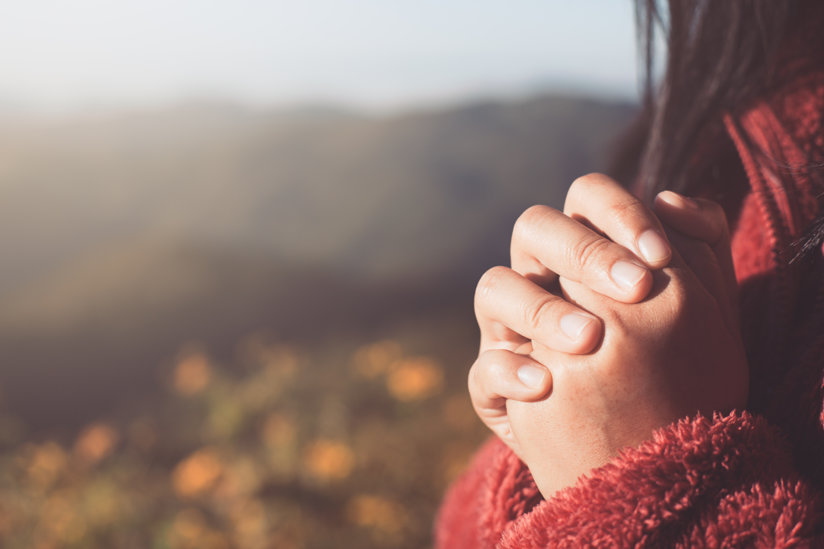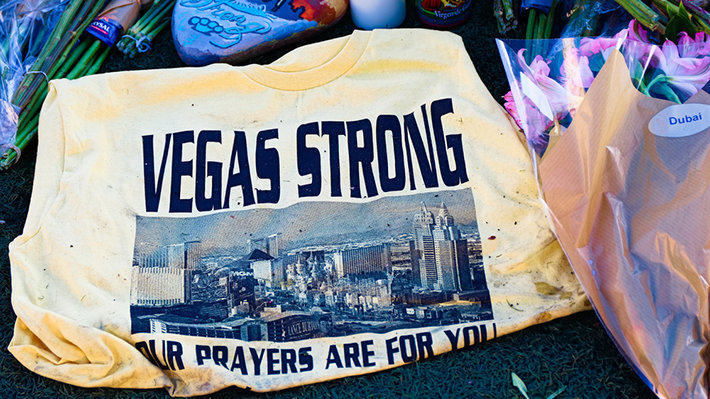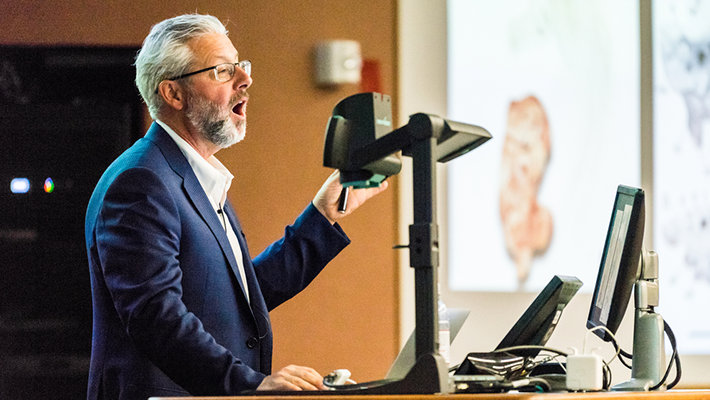
-
HOME
-
WHAT IS STANDOur Mission Our Values Our Help Contact
-
WHAT WE FIGHT FORReligious Freedom Religious Literacy Equality & Human Rights Inclusion & Respect Free Speech Responsible Journalism Corporate Accountability
-
RESOURCESExpert Studies Landmark Decisions White Papers FAQs David Miscavige Religious Freedom Resource Center Freedom of Religion & Human Rights Topic Index Priest-Penitent Privilege Islamophobia
-
HATE MONITORBiased Media Propagandists Hatemongers False Experts Hate Monitor Blog
-
NEWSROOMNews Media Watch Videos Blog
-
TAKE ACTIONCombat Hate & Discrimination Champion Freedom of Religion Demand Accountability
Why Spirituality Matters in America
On April 8, 1966, Time shocked the country with its “IS GOD DEAD?” cover. As Time wrote in its retrospective 50 years later, “The story… inspired countless angry sermons and 3,421 letters from readers.”
At the time, 97 percent of Americans believed in God. By 2014, that number had shrunk to 63 percent.
Does that mean Americans are abandoning spirituality?
The answer is a resounding NO.

How do we know?
Well, in 2018, the Fetzer Institute commissioned the massive A Study of Spirituality in the United States. The findings can be viewed at www.spiritualitystudy.org.
I found the interactive map fascinating. Here’s what I learned:
- 88 percent engage in spiritual or religious activities at least once a week, leading with Prayer, then Reading, then Art, then Being In Nature.
- 86 percent consider themselves spiritual.
- 72 percent feel at least somewhat accountable to a higher power.
- 61 percent aspire to be more spiritual.
- 60 percent report feeling connected to all of humanity.
- 50 percent frequently feel the presence of a higher power or divine being.
I thought that last one was kind of cool, actually.
But how do those numbers tie back to religion? Well, “nearly half of people say they are a member of a spiritual or religious community” and “in qualitative research, people expressed a yearning or appreciation for the sense of belonging, relationship or guidance a spiritual or religious community provides.”
“People expressed a yearning or appreciation for the sense of belonging, relationship or guidance a spiritual or religious community provides.”
That’s interesting. When you think about it, if you’re not religious but are spiritual, you tend to be alone. And yet, there is a yearning for community. That suggests there is a demand for spiritual communities that better meet the needs of most nonreligious people.
Finally, “Those who see themselves as more accountable to a higher power for their impact on other people or the natural environment are most likely to engage in their communities. They are especially more likely to say they care about making a difference and helping people in need. They are also much more likely to say they get to know their neighbors and strangers, and donate to causes they care about.”
In short, awareness of that higher power seems to correlate with a desire to help. God seems quite alive in inspiring participation; perhaps because in a religious or spiritual community, one is surrounded with other people who think—and act—like that too.
All of which is to say, spirituality matters.
More, perhaps, than we might think.









